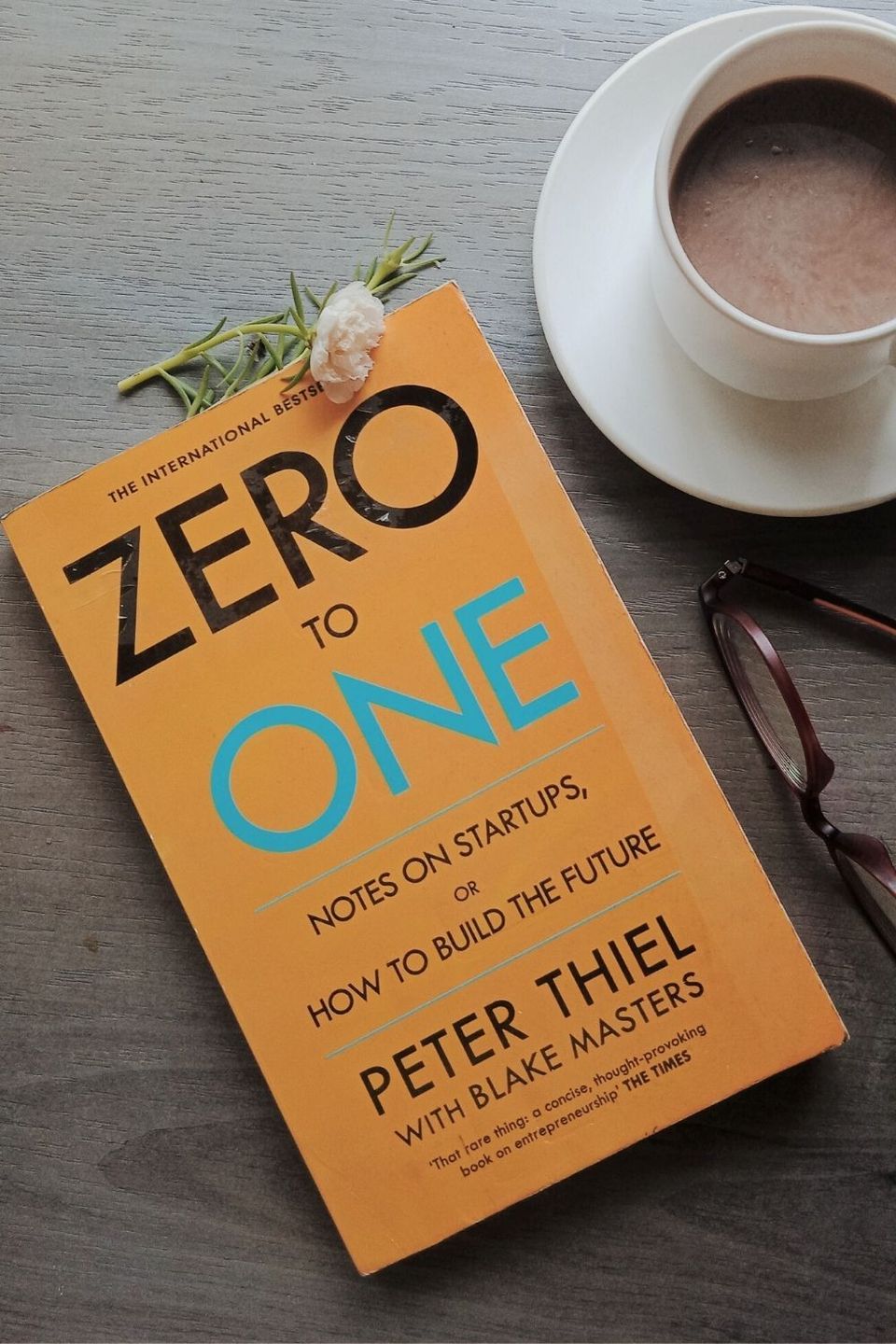7 Questions All Startups Must Answer

For the month of June 2021, we read Zero to One by Peter Thiel as part of the Wingify Book Club. Thiel is a billionaire entrepreneur and venture capitalist who founded PayPal. Zero to One is an interesting compilation of his ideas and mental models on startups and how to build the future. The book is relatively short and is arranged as a set of notes such that each chapter discusses a new aspect of building successful startups.
Thiel builds a case for seven questions that you need to answer correctly to build a successful startup. Towards the end of the book, Thiel presents a case study into how most clean-tech startups failed because they bungled on at least a few of these seven questions. Thiel then goes on to present the case for Tesla which managed to get all seven questions to be correct and hence established itself as one of the very few successful companies in the clean-tech industry.
In this note, I am going through the seven core questions Thiel has raised. In subsequent notes, I will write a short note on each of these questions and how Thiel motivates the reader to think about them.
The Seven Questions All Startups Must Answer
Being exposed to business and innovation in the past year, I have been learning how building a successful startup often involves thinking about some fundamental concepts. These concepts surround topics such as competitive advantage, distribution channels, and the broader context of what the future will look like. Essentially, these are a set of recurring meta-level questions that help you choose the best problem to solve for customers. Below, I present Thiel’s list of these essential meta-level questions that all businesses must answer to build a successful startup.
- The Engineering Question - Can you create breakthrough technology instead of incremental improvements? Thiel clearly states that for a startup to really succeed it has to build a product that is at least 10x better than existing solutions in atleast one dimension. Incremental advances work in academia, not in business.
- The Timing Question - Is now the right time to start your particular business? Sometimes products are right but the timing is not. Thiel clearly says you need to understand the temporal context of the development you are making and decide if it is the right time to make what you are making.
- The Monopoly Question - Are you starting with a big share of a small market? Thiel delves deep into the question of competition multiple times and makes it clear that it is both profit and resource-draining to compete with other companies. Thiel explains that it is best to start with a big share in a small market rather than entering with a small share in a big market.
- The People Question - Do you have the right team? Thiel expresses his views on the people dimension in building a startup multiple times in the book. He makes it clear that it is important to get the right set of people in your startup such that they are aligned toward a common mission. You want missionaries towards your cause and not just mere mercenaries.
- The Distribution Question - Do you have a way to not just create but deliver your product? Thiel talks about how nerds often underestimate the importance of salesmen in business and how no product is ever good enough to sell on its own. Thiel states that it is important to think about the distribution channels you will use to deliver the product. It is also that often when a product fails, it is not due to a bad product but bad sales.
- The Durability Question: Will your market position be defensible 10 and 20 years into the future? Thiel advocates it is better to be the last mover in a market and enjoy years of uninterrupted competitive advantage than to be the first mover who opens up a new evolving market. Hence, Thiel asks you to stress test your competitive advantage in the context of a longer time frame. Related to the ideas on durability, Thiel talks broadly about how to build the future and gives you mental models to understand development in the historical context.
- The Secret Question: Have you identified a unique opportunity that others don’t see? Thiel mystically talks about the undiscovered secrets that the world holds. Secrets he says are the foundations on which successful businesses are built. You can uncover these secrets by constantly searching for them. For instance, Thiel identifies the secret behind the success of Tesla. Tesla knew that fashion drove the clean-tech industry (rather than environmental concern) and hence they decided to make electric cars look cool.
Mental Models to answer the questions
Thiel tells that most successful businesses get a majority of these questions right if not all. Each question not correctly answered creates weaknesses in your business that hinder the progress of your startup. Getting all the questions right will give your business a strong foundation that will ensure you reap the benefits of your venture for years to come. The book Zero to One is essentially a collection of mental models to help you think about these questions.
In later notes, I will break open each question and provide you with the mental models that will help you ponder upon each question. Meanwhile, I recommend all aspiring entrepreneurs read the book.
